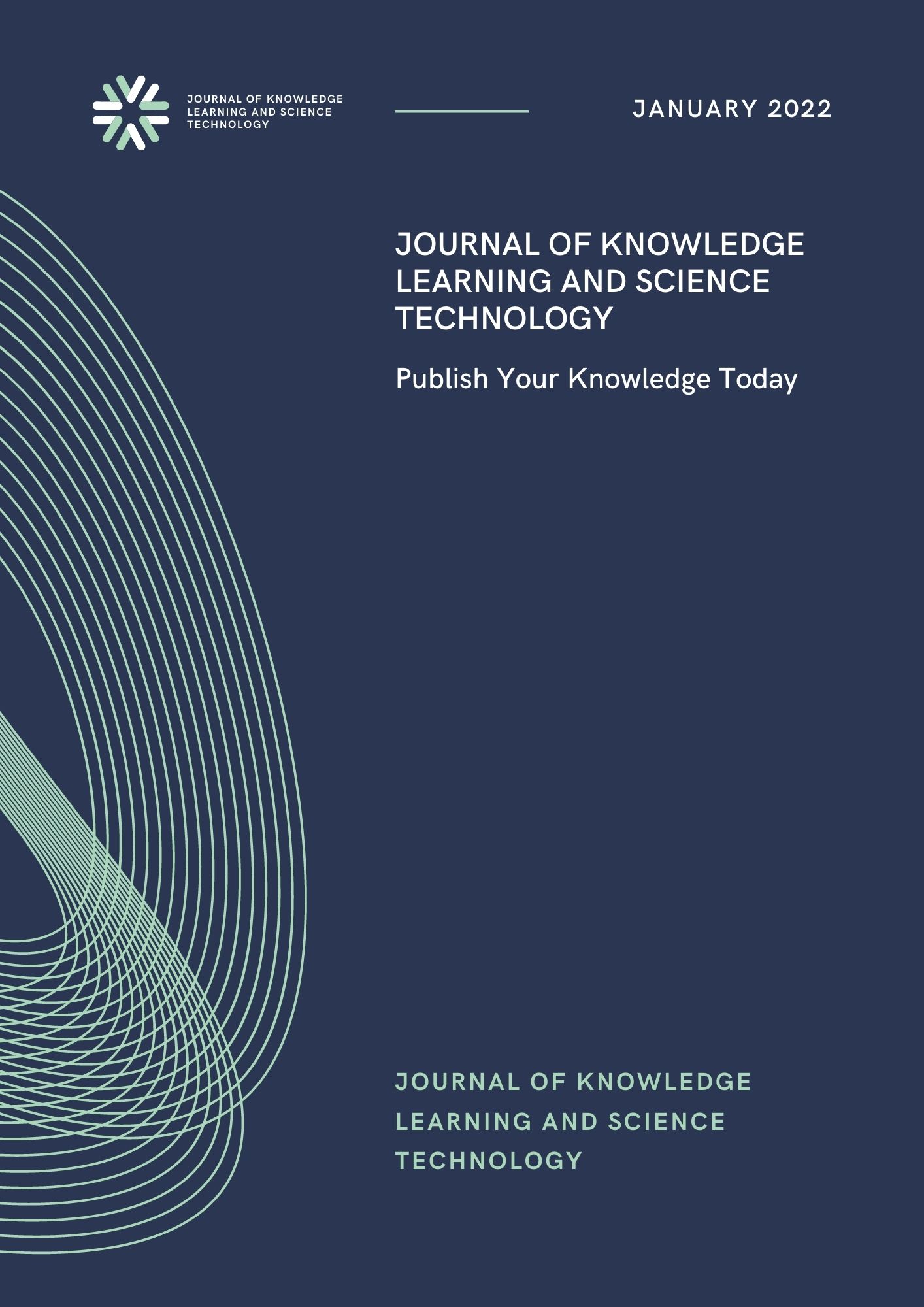Climate Change and Environmental Security in Bangladesh A Gender Perspective
Main Article Content
Abstract
Climate change is a major non-traditional Security (NTS) issue that poses a massive threat to global environmental security. Climate change is still occurring, manifested in rising temperatures, increased river, and coastal flooding and erosion, rising sea levels, increasing salinity, and more frequent, severe weather events. It is evident that men and women are affected differently by the environmental consequences of climate change. Women become more vulnerable to climate change impacts and environmental disasters. The paper aims to show the interrelationship of climate change, environmental security, and gender in Bangladesh. Moreover, the paper examines the impacts of climate change in environmental security from the gender perspective exploring the condition of women during disasters and their vulnerabilities under climate change scenarios in Bangladesh. Secondary data have been used and analyzed to identify the overall condition of women during hazardous situations in Bangladesh. Available data reveal that a number of climate-induced hazards are already affecting many women especially in the coastal zone, low-lying areas, and northwest part of the country. The paper finds that climate change has disproportionate impacts on women in Bangladesh affecting their food security, water security, health security, economic livelihood as well as internal migration. Finally, the paper provides policy recommendations dealing with the gender-differentiated climate change vulnerabilities experienced by Bangladesh.
